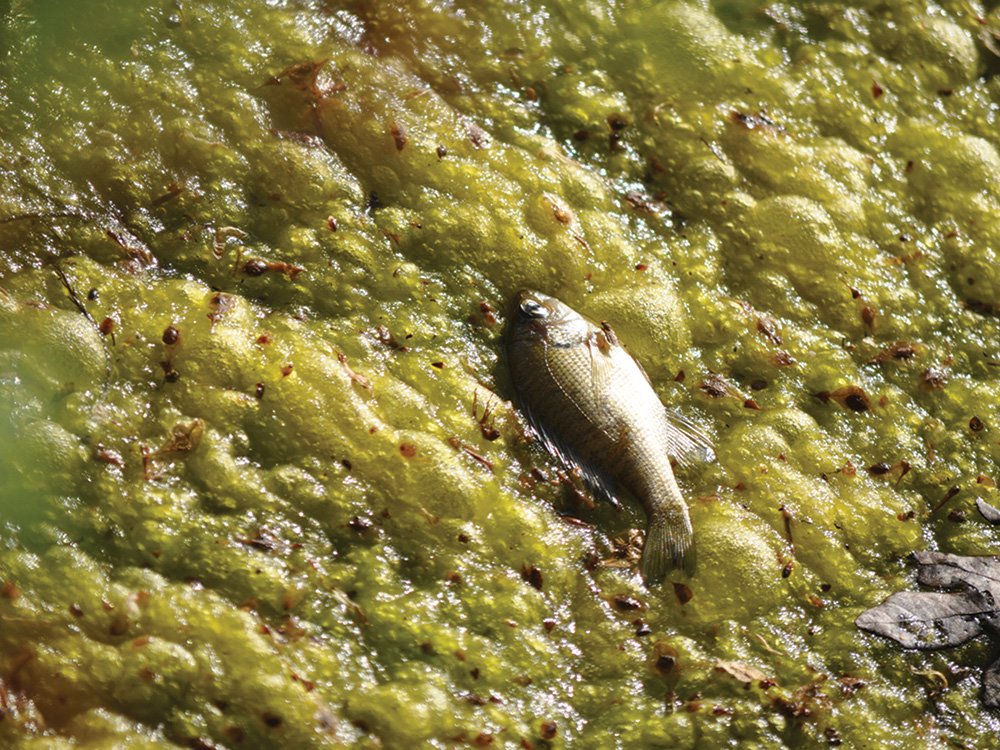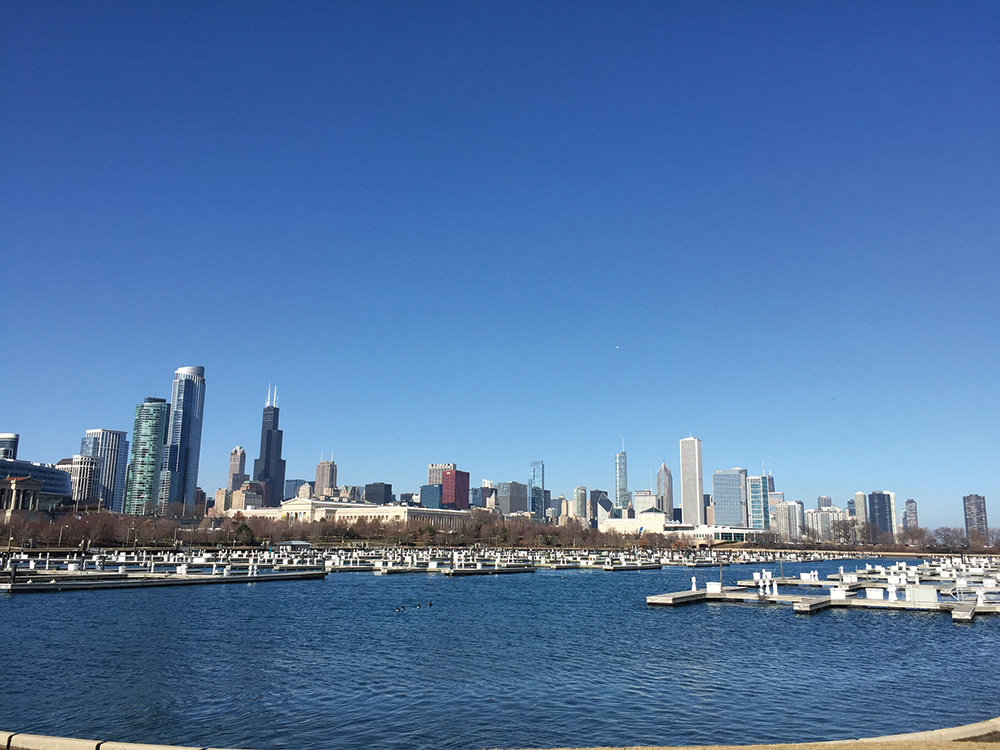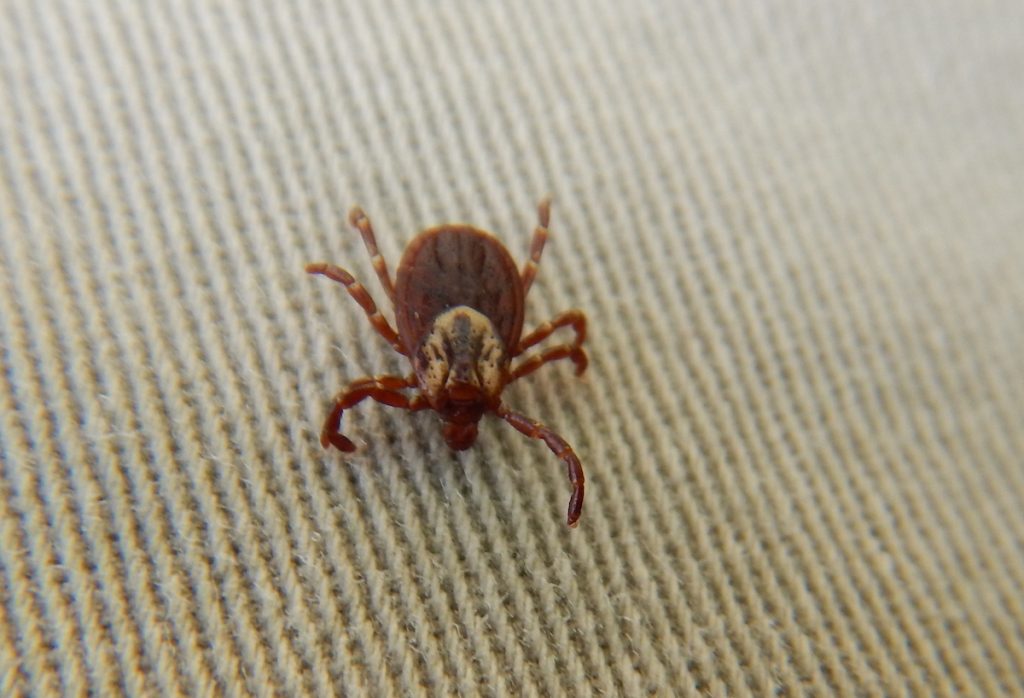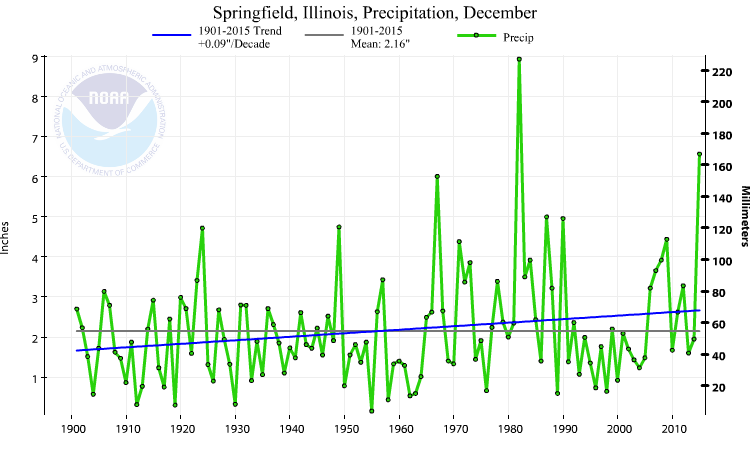
Smog 
Flooding 
Algal Blooms
Hot weather increases ground level ozone, causing health problems for humans. It also increases cases of heat stroke and dehydration.
Stormwater runoff and flooding will increase, damaging property and affecting water quality and fisheries.
Hot weather increases algal blooms affecting water quality and fish populations.

Ice-free Lakes 
Drought and Flooding of Crops 
Range Expansion of Disease Vectors
The lakes will remain ice-free and navigable by cargo ships for more days.
Longer growing seasons and increased CO2 benefit crops, but higher temperatures and drought or flood hurt crops.
Climate change will allow disease carrying ticks and mosquitoes to continue to expand their range, putting more people at risk.

Here in Illinois, over the past 50 years, average precipitation has increased by up to 10%.
Intense rainfall events have increased by 35% increasing the risk of flooding and damages to infrastructure, property, and farmland.
PREDICTIONS:
- Winter will be wetter and warmer.
- Spring will be wetter.
- Summer will be hotter and drier.
The average temp increased more than 1.5°F over the 20th century and that increase in temperature has accelerated. At right you can see projected change in summer temperatures over the 21st century under different fossil fuel usage.
Summers in Illinois might feel like current summers in Texas or Oklahoma by the end of the century.
Learn more at the U.S. Global Change Research Program
